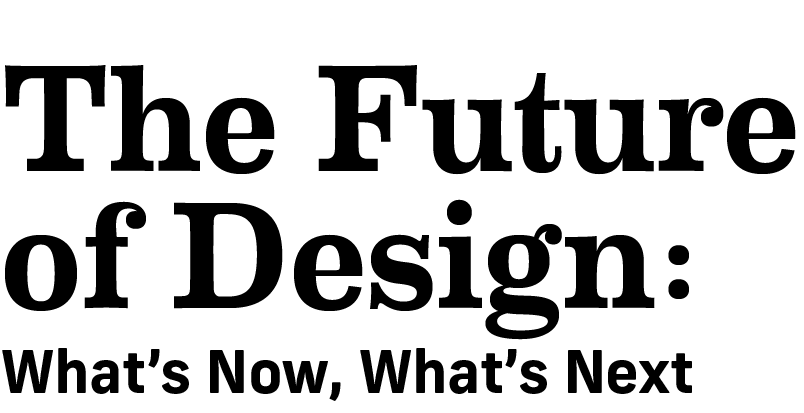"Too often people define old age by a declining mind," said Marc Agronin, geriatric psychiatrist and medical director for mental health and clinical research at Miami Jewish Health Systems (MJHS), Florida's largest long-term care organization. "This is just one dimension of getting older."
Agronin kicked off the 9th annual Environments for Aging Conference in Baltimore (April 18-21) with an opening session on "Turning Empathy Into Action," where he said thinking about older adults from one perspective and carrying negative associations with aging limits thinking and constricts how we approach design.
Using quotes from famous philosophers, artists, and authors, Agronin discussed how perceptions of aging have been the same for centuries. However, modern studies on the brain show areas such as creativity persist and even grow as we age and that cognition and emotional skills can follow new patterns with maturity.
Agronin said the trend in person-centered care is creating more homelike setting for residents and providing people with more choices in activities, places to dine, and activities to participate in.
To further improve these living environments, Agronin said designers, architects, and owners need to bring a more empathic approach to their designs and care to create environments that allow residents to blossom. For example, a more empathetic design approach would look at what's changed in an Alzheimer patient's perception and then build to accommodate that rather than build to accommodate how a caregiver will attend to that person.
Citing the Green House model and the Hogewey dementia village in Weesp, Netherlands, MJHS partnered with C.C. Hodgson Architectural Group in Fort Lauderdale, Fla., to create a new Miami Jewish EmpathiCare community in Miami.
The concept is in the design phase and will use empathy as a core approach to care with a community design that's flexible to adapts to a specific location. Four acres from MJHS's 28-acre campus will be used to create a village setting that incorporates the household model, garden space, a town square, cafe, spa, and common house–with all these elements designed for people with dementia.
Overall, Agronin said, optimal designs can be found when providers and project teams take the time to connect with residents and better understand their needs. "Put design aside and think about who are we designing for before we jump in," he said.









